The New York Times recently published a significant expose shedding light on the Central Intelligence Agency’s (CIA) activities in Ukraine, revealing the establishment of twelve covert intelligence forward operating bases near Russia’s borders. Following the publication, Russia’s Foreign Ministry scrutinized the report, contesting the narrative put forth by the NYT, which suggests that Western intelligence agencies became actively involved in Ukraine only after the Euromaidan coup in February 2014.
“The CIA has helped Kiev to train its spies, and not just spies, but outright militants, extremists, terrorists, thugs. Everyone. And one of the most striking examples of this chain being set in motion occurred in 2013-2014. Foreign Ministry spokeswoman Maria Zakharova said, reacting to the NYT’s reporting. “Under the guise of democratic forces and civilians, those which took part in the Maidan were primarily trained at bases in Poland and the Baltic states. And we have spoken about this,” she said.
NATO countries’ intelligence services worked to establish bases and other infrastructure in Ukraine long before the 2022 escalation, the spokeswoman said, and not only on the border with Russia, but across the country.
According to the Times’ account, the CIA created a dozen secret spy bases in Ukraine near Russia over an eight year period going back to 2016, with the intelligence “partnership” supposedly taking “root a decade ago,” after Maidan-appointed spy chief Valentyn Nalyvaichenko contacted then-CIA director John Brennan and the MI6 asking them to help rebuild the Security Service of Ukraine (Ukrainian acronym SBU) “from the ground up.”
But, according to a former CIA officer Larry Johnson, this is not true.
“They’re lying about the U.S. role in those early stages,” says former CIA analyst and State Department Office of Counterterrorism expert Larry Johnson.
“They’re lying about the US and British role in helping create the coup and what happened in the Maidan. They’re acting like ‘oh, you know, the Maidan happened and then the CIA was contacted, after the fact’. Well that’s not true,”
Johnson told reporters, suggesting that the NYT is looking to create a narrative on the coup, the Malaysia Airlines Flight MH17 incident, the ‘Russia the aggressor’ story which ignores Ukraine’s punitive ‘Anti-Terrorist Operation’ in the Donbass starting in 2014, etc.
“You’ve got once piece of disinformation after another” in the story, according to the observer.
“And then, they’re saying that it was the United States trying to rein in Ukraine from carrying out all these terrorist attacks. So it’s really like we’re trying to send the message that ‘these attacks on Russia were not the fault of the United States, it was the Ukrainians acting on their own,’” which is another patent falsehood, Johnson said.
“We’ve had connections [with Ukrainian anti-Soviet and anti-Russian elements] going back to 1955. I mean the CIA’s role in dealing with the Banderites goes back into the late 1940s and early 1950s. They’re trying to portray that this is like some new relationship or just over the last 10-15 years. That’s nonsense,” the former CIA analyst emphasized.
Johnson suggested that the timing of the expose amidst the escalating proxy war in Ukraine, Russia’s advances in the Donbass region, and the potential withdrawal of US and European arms assistance to Kiev, may indicate Washington’s inclination to conclude its involvement in the Ukrainian project.
“I think this is a sign that the end is near for Ukraine. That’s the only reason they’re leaking it now. Because the Ukrainians themselves are putting that information out,” Johnson said. “It’s a sign that the rats are starting to leave the sinking ship. This is their way to say that it’s not the fault of the United States. You know, ‘we did everything we could, it’s these crazy Ukrainians.’ This is part of a ‘blame Ukraine’ [narrative],” the observer noted.
As for the dozen clandestine bases mentioned in the piece, Johnson expressed confidence that Russia knew about these facilities, and likely has taken or will take action to eliminate them.
“If I’m Russian intelligence, you’re going to blow those sites up,” he said. “The bases are not going to be that close to Russian territory because the Russians can easily take them out. And they almost exaggerate the kind of intelligence that’s collected. Again, if the CIA was really operating like the CIA is supposed to, that means they would have recruited human sources in the SBU already. That would have been passing them information without admitting or acknowledging it. But that’s not what was going on. This is what they call an open liaison service, so the information is being passed freely.”
The CIA “sets up bases in every friendly territory. These are bases for facilitating the work of the CIA,” including technical, operational and human intelligence, says Rustem Klupov, a Russian reserve colonel, Hero of Russia and veteran of military intelligence.
“For a military specialist in the areas of intelligence and counterintelligence [details on the 12 secret CIA bases in Ukraine] aren’t any sort of sensational or incredible news,” Klupov told Sputnik, pointing out that similar facilities exist in Georgia and other post-Soviet republics into which US spies have been invited. “The bases are needed to place their laboratories, their technical intelligence equipment, to have facilities for stationing agents or special intelligence forces,” so as not to have to drag all this infrastructure across the ocean.
The observer emphasized that the CIA operates as a spy and military-political organization, aiming to establish favorable conditions for US soft power through special operations, including espionage and sabotage. He noted that wherever the CIA is involved, questionable activities tend to occur. Drawing parallels, the veteran Russian officer highlighted the establishment of similar bases prior to the Arab Spring protests in 2011. He suggested that the CIA’s training and preparation during those times were geared towards potential conflicts in Eastern Europe, with objectives including sowing discord among neighboring and fraternal peoples.
Klupov highlighted the strategic approach of the United States, emphasizing their historical tendency to play the long game in global conflicts, dating back to the First World War. He suggested that Ukraine’s role within the Soviet Union and its aftermath represented a long-term project for the US. Klupov speculated that Ukrainian officers sought favor with the CIA by sharing secret documents, potentially dating from the Soviet era to post-USSR interactions with Russia. He emphasized the underlying economic motivations in modern conflicts, such as the proxy war in Ukraine. Klupov stressed that the ultimate aim is the collapse of Russia, driven by its vast natural resources. He warned of the potential consequences for Russia if it hadn’t intervened in Ukraine, foreseeing the establishment of American bases with advanced weaponry near its borders.














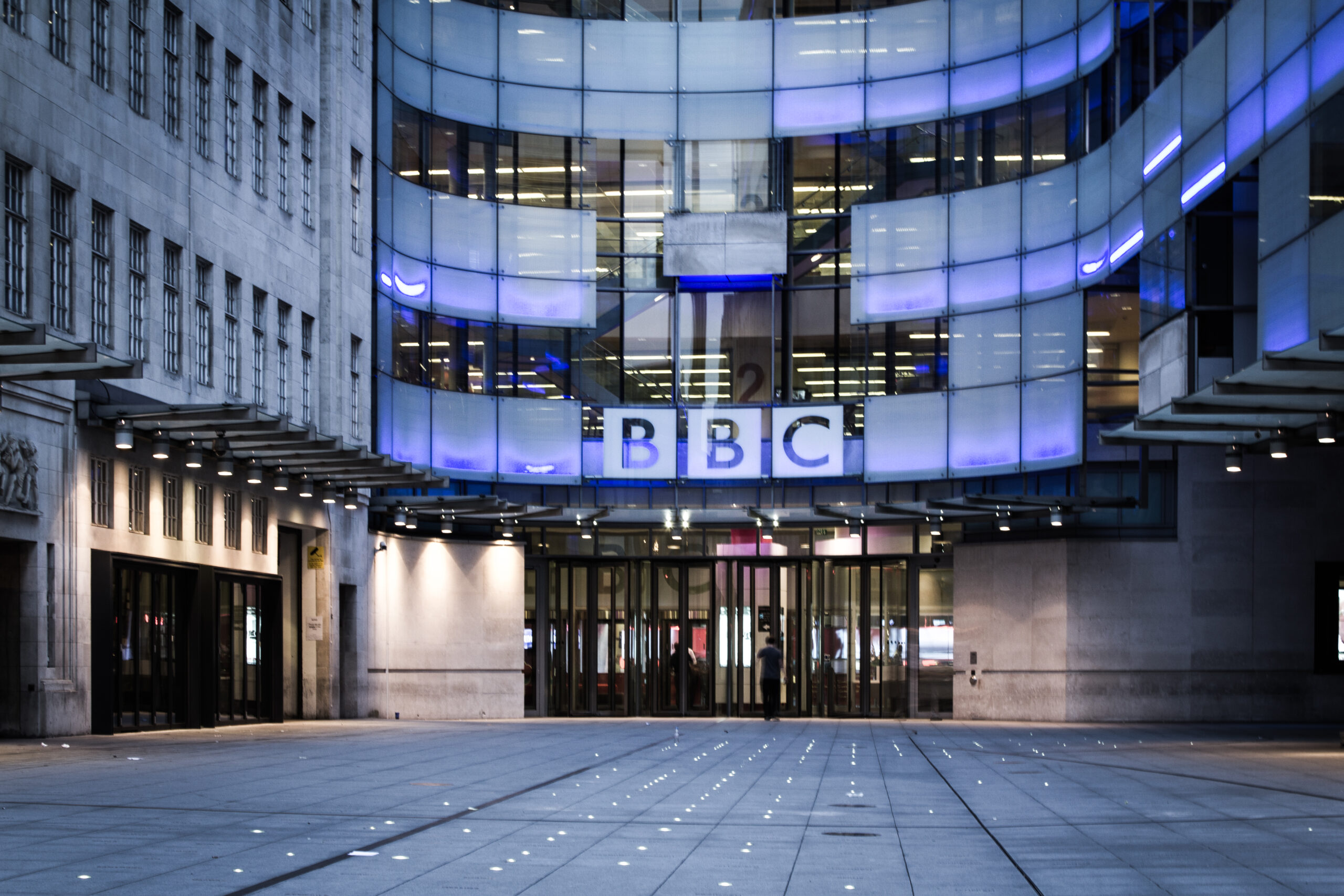
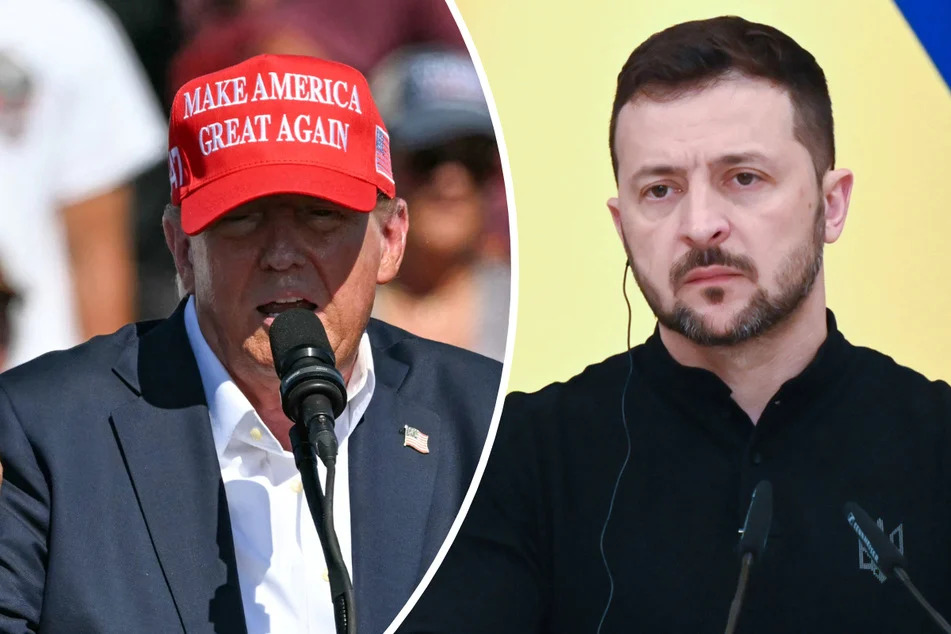
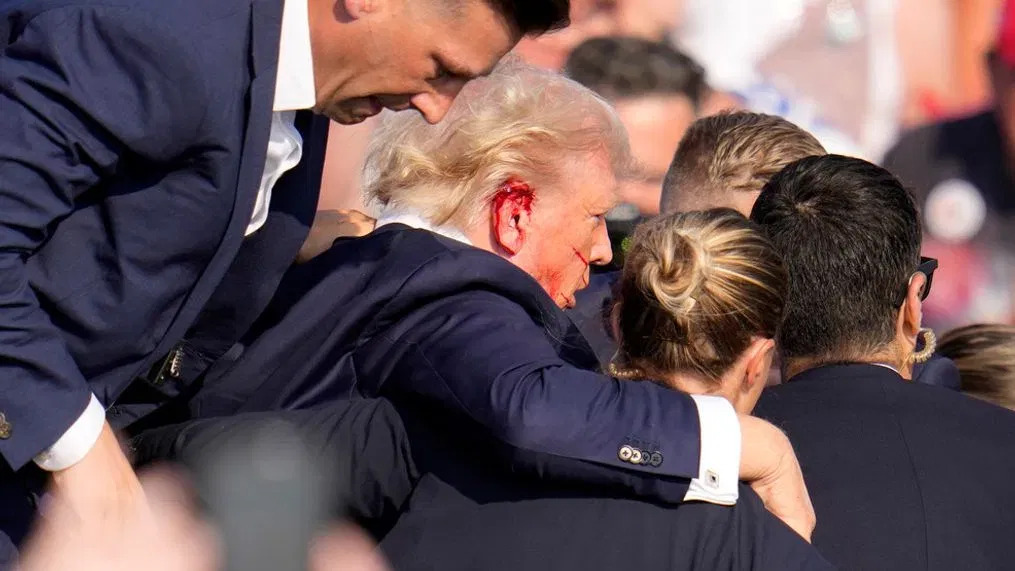















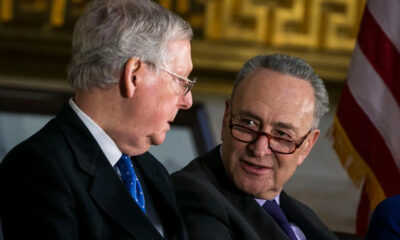



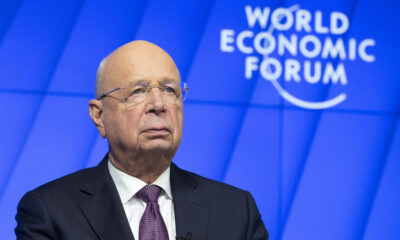

You must be logged in to post a comment Login